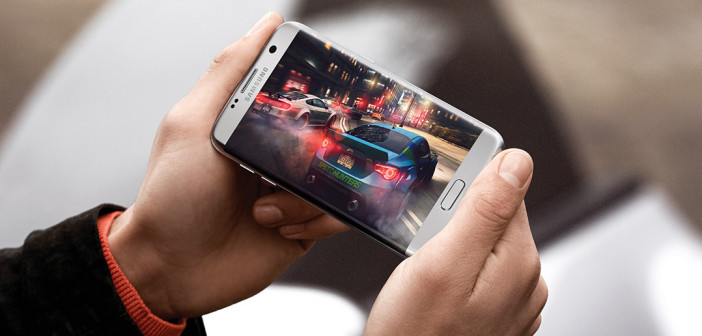However combining mobile networks and eSports is an area that needs to be approached with care…
eSports is inspiring mobile operators to start trials using 5G, a new study conducted by Ovum for Amdocs, a provider of software and services to communications and media companies, has shown.
Altogether, 94% of European operators plan to trial 5G within sports and eSports venues by the end of 2020. All European operators taking part in the study plan to support eSports in the 5G era, either as technology partners to eSports event organisers (88%), broadcasters of the action (47%), or with far bolder plans, including eSports team ownership (12%).
eSports is growing rapidly in popularity with viewing metrics, prize money and sponsorship all increasing substantially year-on-year and is being considered for entry into the Olympics as a new discipline for Paris 2024.
However, Dom Tait, principal analyst at Ovum, stated that combining mobile networks and eSports is an area that needs to be approached with care: “Any issues with latency could have disastrous effects on an eSports event. A Fortnite tournament in July 2018 was cancelled midway through due to unacceptable lag, an embarrassing moment for the organiser.
“Taking connectivity issues off their hands, providing a professional broadcasting option, cross-promoting through other channels to an extensive customer base, providing connected retail options so fans can be served from their seats, or even taking over the event organisation itself are examples of where value can be added, and may entail some equally interesting partnership opportunities. It’s comfortably possible for operators to find mutually beneficial aims with games developers,” Tait added.
Yet eSports is an area that mobile operators can really make a difference through the use of 5G, said Gary Miles, chief marketing officer at Amdocs. “Similar to mainstream sports events, eSports tournaments provide an ideal showcase for the improvements 5G networks deliver. The eSports tournaments themselves require very high speed, reliable and low latency networks, which can be enabled by 5G. Next generation networks can eliminate lag on games played over the internet, enabling thousands of players to compete, whilst guaranteeing a high quality and reliable experience.
“The 2018 League of Legends finals were viewed by 46 million concurrent viewers worldwide on average, with a peak of more than 200 million viewers. This presents the opportunity to deliver the same, high quality, feature-rich broadcast experience for eSports that operators plan to deliver for normal sports events using 5G.
“In the future, 5G will also be able to support remote gaming from almost any location. So, it could be possible for somebody to participate in a tournament from a café or park using a VR headset or their mobile phone,” Miles concluded.





